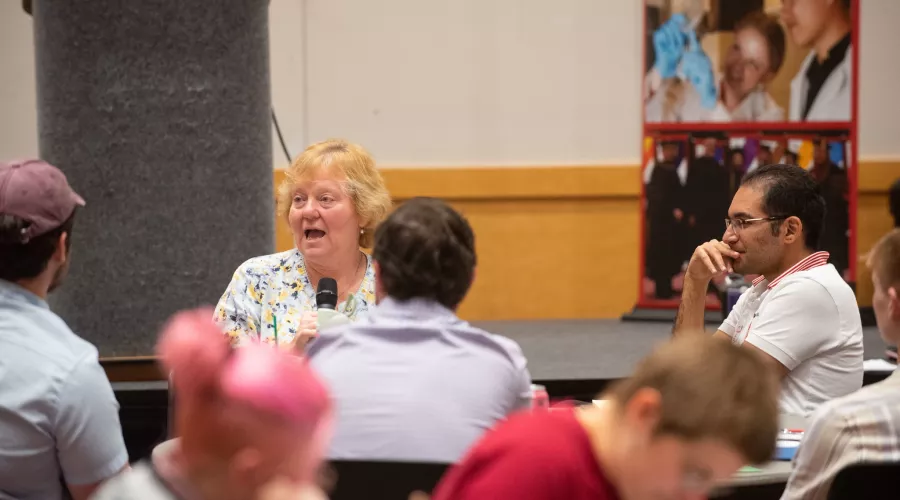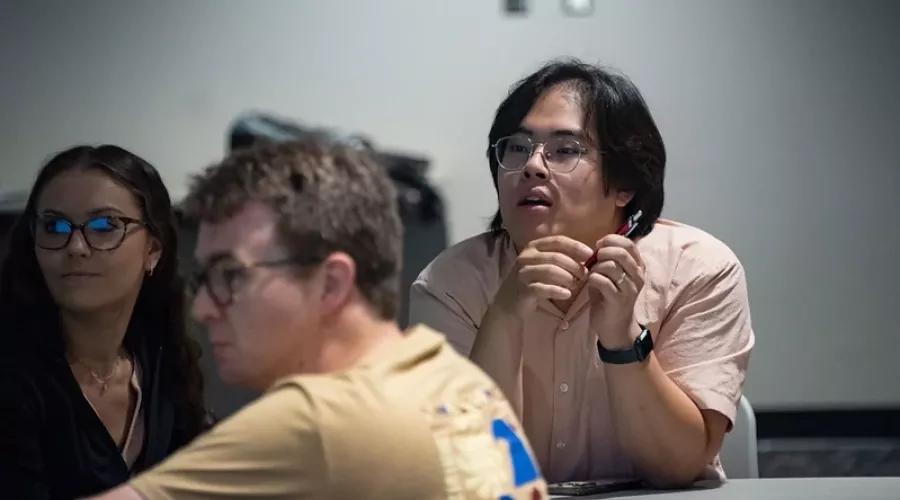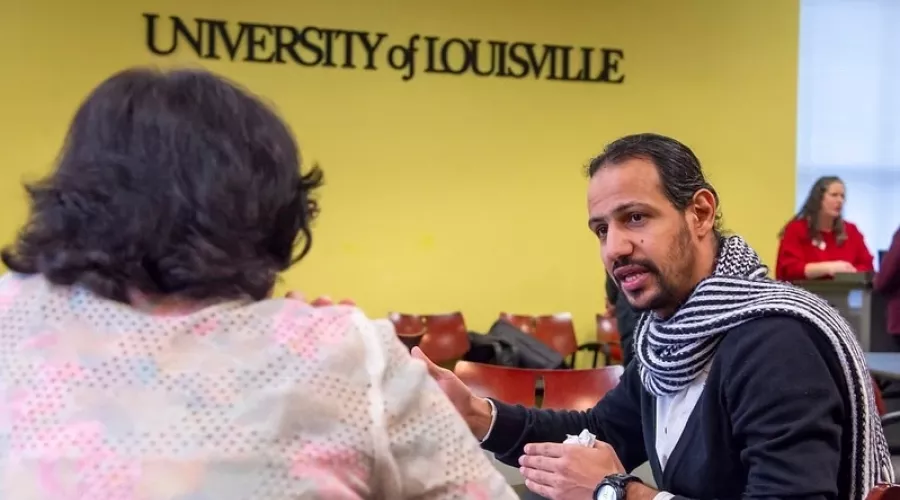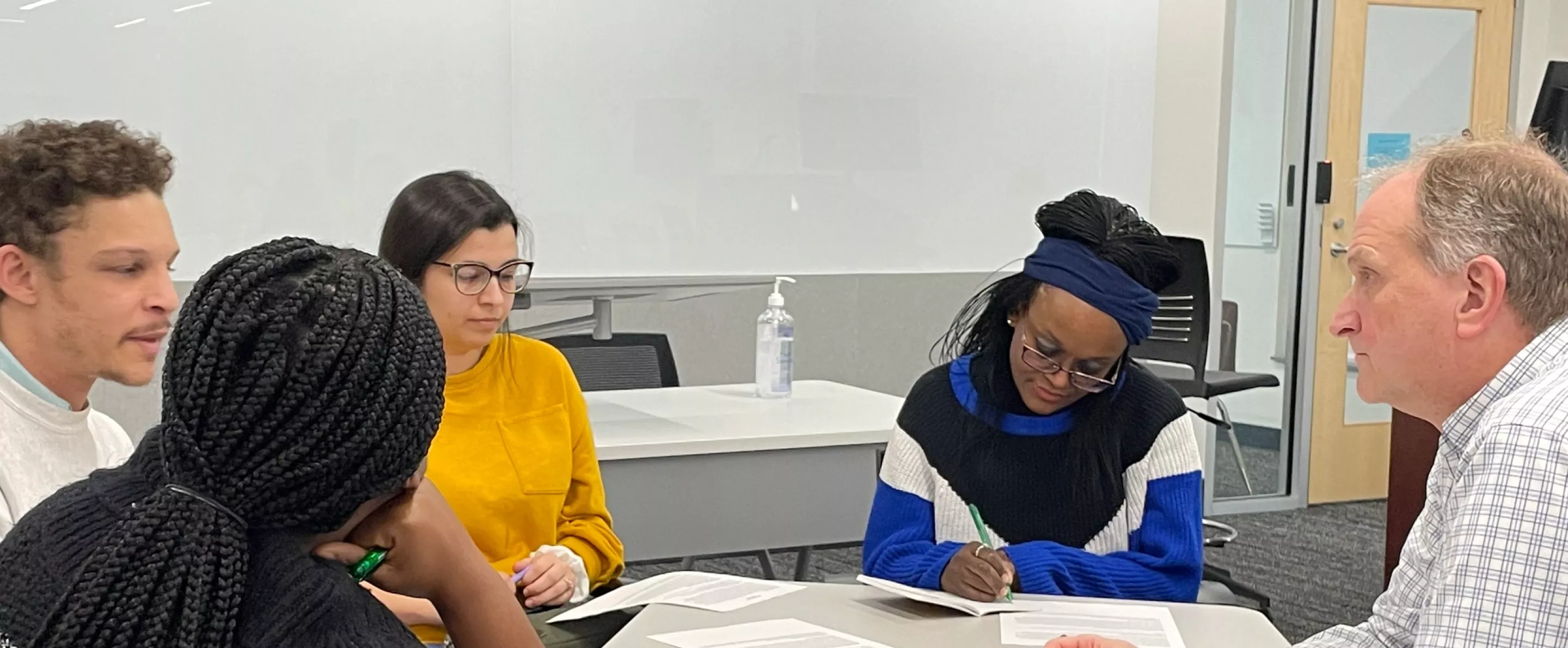The MentorCenter is the graduate student hub for all things mentoring. Here you can learn what we mean by mentor, see mentor training at UofL, review best practices in mentoring, find resources and consult suggestions for mentees as well as for those mentoring graduate students
Mentoring at UofL
One of the first things to know about mentoring in graduate school is that there are many different definitions and understandings of what a mentor is and is not. The Council of Graduate Schools clarifies the faculty relationships that a graduate student may have, including academic advisor, supervisor, dissertation chair, and/or a mentor (Great Mentoring in Graduate School). Stanford University sociologist Morris Zelditch defined mentors as advisers, tutors, sponsors, supporters, experts and role models (Mentoring: The Faculty-Graduate Student Relationship). Even approaching mentoring as coaching has been suggested (It’s All Part of the Process: Advising, Coaching, and Mentoring Graduate Students).
At UofL, we use the term mentoring broadly to include all of these possibilities, but when we talk about your mentor, we’re typically referring to your “research mentor,” or the person who guides your research. Even still, effective mentoring applies to all categories of mentor and can be applied as such.

Mentoring Academy
The Graduate School Mentoring Academy is a non-credit-bearing short course of six sessions that provides a foundation of best practice guidelines for mentoring, an opportunity to learn from faculty mentors and peers, and an environment to solve challenges with mentees.

Mentoring Workshops
The Graduate School hosts a number of workshops related to mentoring for both graduate students and faculty.

Mentored Research Grant Awards
In a collaboration between the Graduate School and the Center for Engaged Learning, graduate students who complete mentoring training are eligible to apply for a Mentored Research Award. This grant pairs graduate students with undergraduate students who will learn research skills while graduate students practice and reflect upon mentoring (pairs receive $1500 for a semester and a half).

